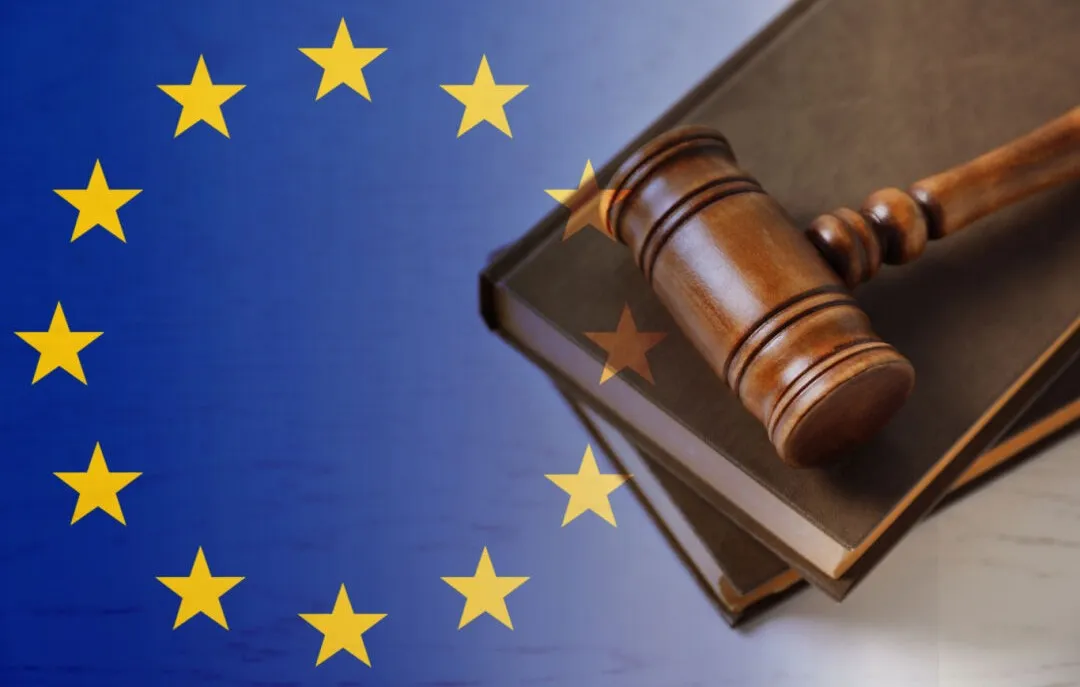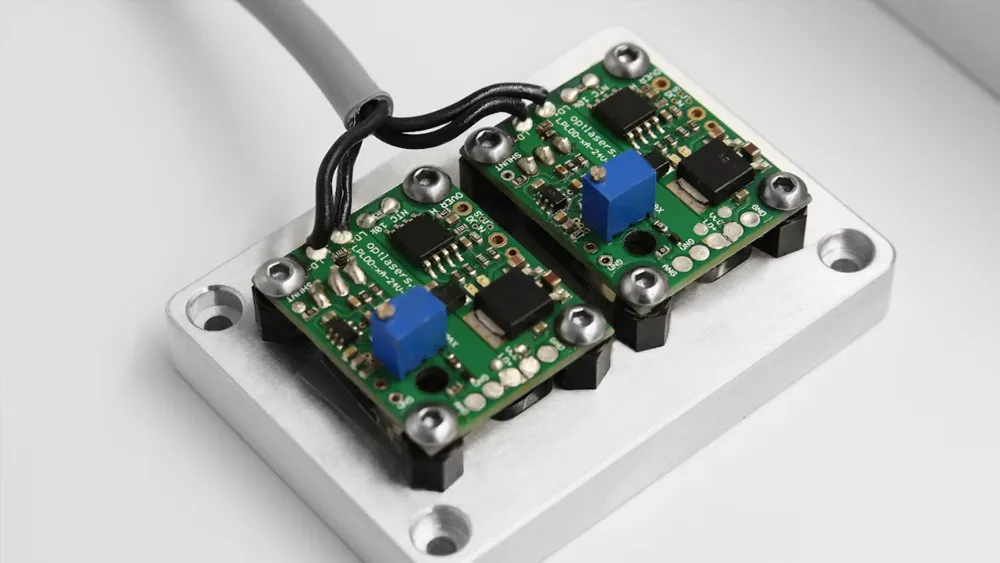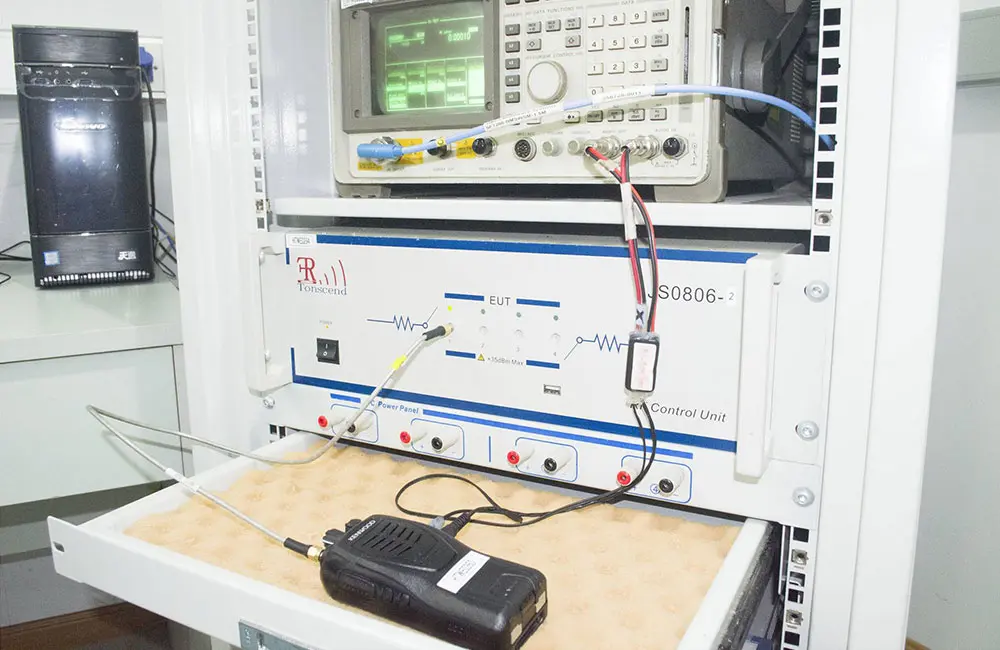
What is CE Electrical Safety Test?
The CE certification mark is a mandatory conformity mark for most goods sold within the European EconoMIC Area (EEA).
What is the CE Certification Mark?
The CE mark is a self-declaration by manufacturers that their products meet safety, health, and environmental requirements, allowing them to circULate freely in the European market. This declaration must be supported by technical documentation and include a risk analysis related to legislative requirements, which is a significant aspect introduced by the 2016 NLF update.

EU CE Certification
CE Certification Safety Mark and Risks
Manufacturers must perform risk analysis to identify the essential requirements associated with their products and address identified risks using harmonized standards or third-party testing.
Key risks include:
1. Failure to demonstrate product compliance with all regulatory requirements (e.g., low voltage directive or Machinery Directive).
2. Failure to ensure safety for users, livestock, or property during installation, use, and maintenance.
These risks may lead to financial losses and damage to market reputation. Some products are recalled due to non-compliance with essential safety requirements, with common defects including risks of electric shock or fire. Third-party testing can effectively REDuce recall risks.
Why is Electrical Safety Testing Necessary?
Electrical safety testing is critical to ensuring product compliance with the Low Voltage Directive or Machinery Directive. Third-party testing laboratories can verify whether a product meets harmonized standards, helping manufacturers gain confidence and complete their declarations of conformity.
Key Focus Areas of Electrical Safety Testing:
- Preventing fire caused by overheating.
- Ensuring electrical insulation to avoid electric shock hazards.
- Identifying and evaluating potential risks not associated with the primary use of the product.
- Ensuring that product markings and user instructions are clear for safe usage.
Third-party testing also enhances the credibility of products in the global market, as many countries and consumers place greater trust in test reports issued by accredited laboratories.
Email:hello@jjrlab.com
Write your message here and send it to us
 Japan IoT Security JC-STAR Certification
Japan IoT Security JC-STAR Certification
 FCC SDoC Compliance Information Statement
FCC SDoC Compliance Information Statement
 What Does FCC SDoC Certification Mean?
What Does FCC SDoC Certification Mean?
 What is Bisphenol A (BPA) Testing?
What is Bisphenol A (BPA) Testing?
 LED Display Export to the EU CE-EMC + RoHS Directi
LED Display Export to the EU CE-EMC + RoHS Directi
 Children's Sleepwear Flammability 16 CFR 1615 / 16
Children's Sleepwear Flammability 16 CFR 1615 / 16
 Speaker SAA & RCM Compliance AS/NZS 62368.1:20
Speaker SAA & RCM Compliance AS/NZS 62368.1:20
 What is IEC 62052 for Electrical Energy Measuring
What is IEC 62052 for Electrical Energy Measuring
Leave us a message
24-hour online customer service at any time to respond, so that you worry!




